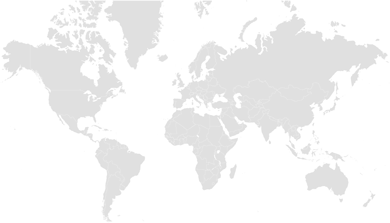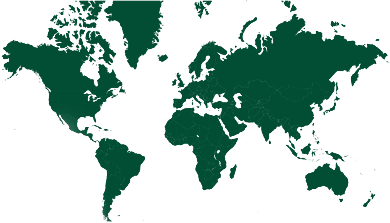Guidelines and manuals
2019 • United Nations Environment Programme (UNEP) Waste to Energy: Considerations for Informed Decision-making
This report provides a balanced perspective on waste-to-energy (WtE) technologies, focusing on thermal WtE in developing countries. It highlights trends, impacts, and key considerations for decision-makers considering WtE as a waste management option. Emphasizing the waste hierarchy, it advocates for reducing, reusing, and recycling before adopting thermal WtE. Challenges discussed include waste characteristics, economic feasibility, social acceptance, and environmental standards. Practical guidance and case studies, such as the Reppie plant in Ethiopia, are included to aid stakeholders in understanding WtE's role in integrated sustainable waste management.
Recovered Materials & Products
Energy
Electricity
Heat
Waste Streams
Organic solid waste
Solid waste
Confirmed countries
Germany


What is this tool intended for?
The tool aims to guide decision-makers in developing countries on evaluating and implementing thermal WtE plants as a waste management strategy. It emphasizes informed decision-making, considering the socio-economic and environmental contexts.
How does this tool work?
The tool outlines a methodological approach to integrating WtE into waste management systems. It emphasizes adherence to the waste hierarchy, ensuring that WtE complements rather than replaces recycling and waste prevention measures. The report combines technical, economic, social, and environmental assessments with global examples.
Who might use this tool and with which types of stakeholders?
This tool is targeted at policymakers, urban planners, environmental agencies, and waste management professionals in developing countries. It also addresses investors, private-sector stakeholders, and NGOs involved in waste management solutions.
What stages of a process can this tool support?
The tool supports early-stage decision-making, feasibility studies, planning, implementation, and monitoring of thermal WtE projects.
What skills, capabilities, and resources are required to use this tool?
Users require a foundational understanding of waste management systems, financial analysis, and environmental policy frameworks.
Where can this tool be used?
The tool is globally applicable, with a specific focus on urban areas in developing countries.
Get the Tool
The tool is open access and available online for download.
https://wedocs.unep.org/20.500.11822/28413
Technologies
Incineration
Themes
Assessment
Capacity building
Policy and regulation
Waste-to-energy